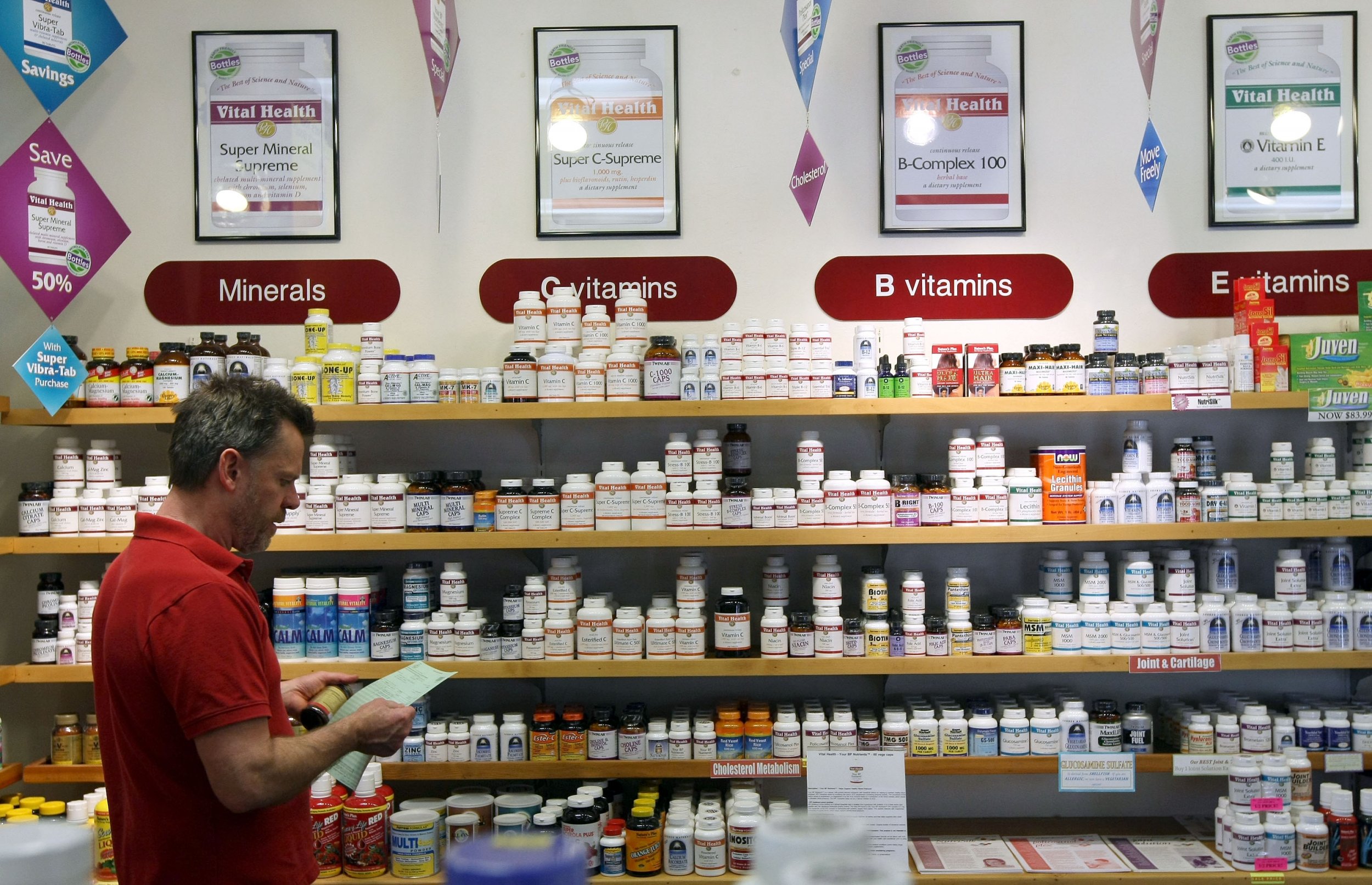
Based on animal studies, vitamin D really should prevent cancer. But evidence in humans is lacking, and the data we do have excludes a large swath of the global population. A new study takes a significant step toward fixing that problem—and provides encouraging findings about the role this easily accessible vitamin could play in reducing the risk of cancer.
A group of researchers in Japan conducted the world's first study on vitamin D and cancer that focused exclusively on Japanese people—actually the first to focus on any east Asian population.
The study followed more than 30,000 middle-aged people for about 20 years. Each of the participants had volunteered to give researchers their blood for vitamin D level testing. They also answered a survey about their medical history and their diets.
According to the findings, published Wednesday in BMJ, people with relatively higher levels of vitamin D seemed not to develop cancer as often as those who whose levels were lower. People whose vitamin D levels were higher than the average seen among the study population may have reduced their risk of any cancer by 25 percent. Their risk of liver cancer alone may have been reduced by up to 55 percent.
Racial background is an important consideration for studies of vitamin D. Baseline levels of this compound can be quite different among different populations. This study found that the average American would have been in approximately the 75th percentile for vitamin D concentrations in Japan—in other words, they have relatively high amounts. However, as one researcher previously noted to Newsweek, Americans with darker skin might have lower baseline vitamin D levels.
This difference is due to the fact that our main source of vitamin D is the sun. The amount of melanin in our skin, which accounts for the variation in skin tone, determines how much sunlight penetrates below the surface. And that, in turn, affects the amount of vitamin D we absorb through sunlight. Vitamin is so tightly connected to sunlight that the researchers in the present study had to account for the changing seasons when they analyzed their data.
Although vitamin D did seem to have some impact on reducing cancer risk in the study, it may not be time to break out supplements just yet. The participants in this study went to the doctor regularly. If that meant they were generally healthier than other people, that could skew the results. Also, because some cancers are rare, the benefit of vitamin D may have been statistically over- or understated. And the effect of vitamin D appeared to dwindle among those with the highest concentrations, which means that most Americans, who already have relatively high vitamin D levels, may not experience the same benefit.
Whether or not they reduce the risk of cancer, vitamin D supplements are unlikely to do harm. The Mayo Clinic's website states the supplements are "generally safe." But for people in Japan, these findings could be intriguing. As the researchers note, supplements and vitamin D-fortified food aren't common there. "A future trial of supplemental vitamin D in a Japanese population seems to be promising," they conclude.
Uncommon Knowledge
Newsweek is committed to challenging conventional wisdom and finding connections in the search for common ground.
Newsweek is committed to challenging conventional wisdom and finding connections in the search for common ground.
About the writer
Kate Sheridan is a science writer. She's previously written for STAT, Hakai Magazine, the Montreal Gazette, and other digital and ... Read more
To read how Newsweek uses AI as a newsroom tool, Click here.








